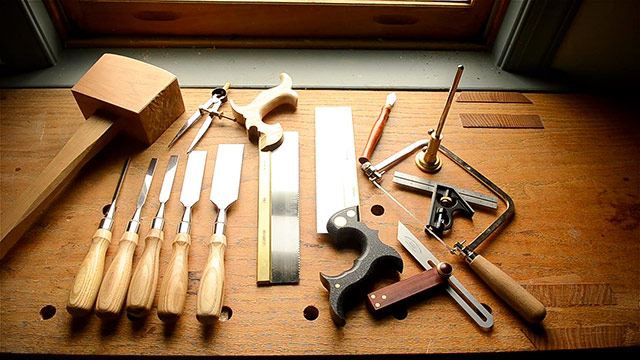
Planning to start DIY projects at home but not knowing where/how to begin? It can be very intimidating to figure out which quality industrial tools are the best for beginners. If you don’t have a guide, you can buy the most expensive ones not knowing that there are better options. Investing in high-quality industrial tools may become a trial and error.
You will most likely work with a third party at some point. These are suppliers, vendors, contractors, subcontractors, or consultants. Here are the most important factors in selecting which quality industrial tool supplier will be best for your project:
Are the supplier’s goals aligned with your own? Mission, vision, values, goals, and culture should be a good fit. Alignment with yours will indicate that the partnership will go well. Differences may lead to conflict at one point during the project.
Supplier experience. What type of experience do they have? Is it industry-related? If the supplier is experienced, they will have the expertise to add value to your selection of industrial tools. Assurance that the supplier can do what they claim will save time down the road.
Is the supplier flexible? They should be able to maintain flexibility and respond to change. Reviews and past work say more about how they operate. Consistency should also be evaluated. Can you rely on the supplier to deliver the same results consistently?
What type of products and service quality do they provide? The tool quality should significantly impact your project as a whole. Product quality is a significant factor to consider. Industrial tools should be compliant with regulations to ensure effectiveness and safety.
What value will they bring to the project? A supplier who brings strong value comes at a price. Will the overall value resonate with how you want your project to be perceived?
Is the cost fair? Are you being charged fairly? As a beginner, do you feel that the cost of the opportunity is worth it? Does that cost match up with your budget? Strategic sourcing and direct procurement realize that the price of a component or service does not always indicate the total cost. Transportation, logistics, and quality also contribute to the total cost of ownership.
Here are additional tips before you make a decision:
On-site visits. An on-site audit is a useful process for finding potential warning signs.
References. This can determine the reliability and capabilities of the supplier.
Supplier Matrix. Cost, quality, communication, expertise, and capabilities.
Your ultimate goal in selecting quality industrial tools is to procure the highest quality components at a reasonable cost.
If you are not confident about your ability to choose a quality industrial tool supplier, you can find more helpful advice with suncoasttools.com Established in 1963, they have been a trusted supplier of industrial tools. They have met the needs of the country’s commercial and residential builders.



